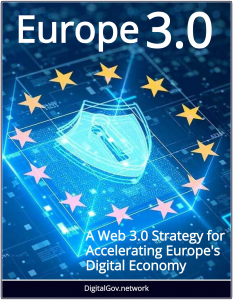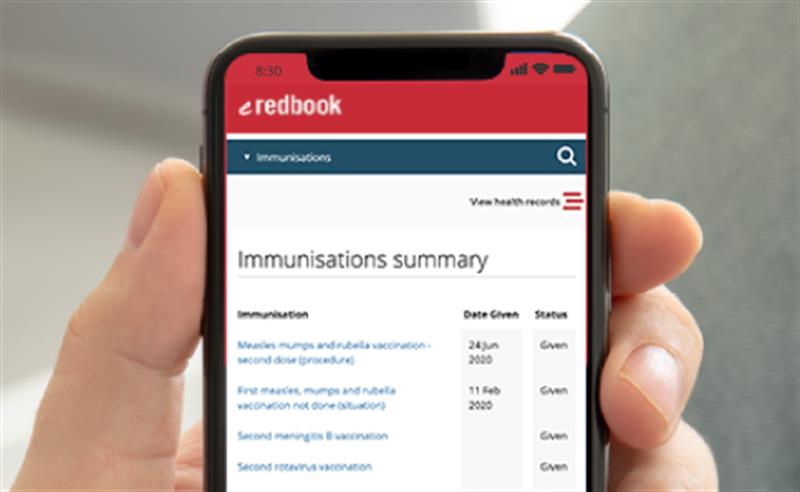 Microsoft launched its Sovereign Cloud initiative for Europe on June 16, 2025, aimed at addressing data sovereignty and compliance with EU regulations.
Microsoft launched its Sovereign Cloud initiative for Europe on June 16, 2025, aimed at addressing data sovereignty and compliance with EU regulations.
The initiative ensures that European customer data remains within the EU and European Free Trade Association (EFTA) borders, is subject to European law, and is managed by European-resident personnel.
This move responds to growing concerns over data privacy and geopolitical uncertainties, particularly regarding U.S. tech dominance and extraterritorial data laws.
Key features of the Microsoft Sovereign Cloud include:
- Sovereign Public Cloud: An evolution of the Microsoft Cloud for Sovereignty, available across all European data center regions. It supports enterprise services like Azure, Microsoft 365, Microsoft Security, and Power Platform, ensuring data residency and compliance without requiring migration to specialized data centers. It includes features like Data Guardian, which restricts remote access to European data to EU-based personnel, with real-time monitoring and tamper-evident logging.
- Sovereign Private Cloud: Currently in preview, this allows customers to deploy Microsoft 365 Local (e.g., Exchange Server, SharePoint Server) and Azure Local in their own data centers or sovereign cloud environments, offering full control over security, compliance, and governance.
- National Partner Clouds: Microsoft collaborates with European partners like Accenture, Capgemini, and Orange to provide localized cloud solutions, such as the Bleu sovereign cloud platform.
Additional tools include External Key Management for customer-controlled encryption and Regulated Environment Management for simplified policy compliance. The initiative aligns with the EU Data Boundary and potentially Gaia-X, aiming to meet GDPR and other regional standards. Microsoft is also expanding its AI Cloud Partner Program with a Sovereign Cloud specialization to help customers identify compliant partners.
The launch builds on Microsoft’s April 2025 commitment to invest €5 billion in European cloud and AI infrastructure over two years, including a 40% increase in data center capacity and a new Transparency Center in Brussels. However, some analysts and posts on X question the true sovereignty of these offerings, citing potential conflicts with U.S. extraterritorial laws and suggesting it may be “sovereignty-as-a-service” or “sovereignty-washing.”
Data Guardian
Data Guardian is a key feature of Microsoft’s Sovereign Cloud. It restricts remote access to European customer data to only EU-based personnel, ensuring that data stored within the EU and European Free Trade Association (EFTA) borders remains under European jurisdiction. Key aspects of Data Guardian include:
- Access Control: It enforces strict access policies, limiting remote data access to Microsoft personnel or partners who are physically located in the EU and subject to EU laws.
- Real-Time Monitoring: The system provides continuous monitoring to detect and log any access attempts, ensuring transparency and accountability.
- Tamper-Evident Logging: All access events are recorded in a tamper-evident log, which helps maintain an auditable trail for compliance with regulations like GDPR.
Data Guardian is integrated into Microsoft’s Sovereign Public Cloud, supporting services like Azure, Microsoft 365, Microsoft Security, and Power Platform. It aims to address concerns about data privacy and extraterritorial access, particularly from U.S.-based laws, by ensuring that sensitive data operations remain within the EU’s legal framework.




